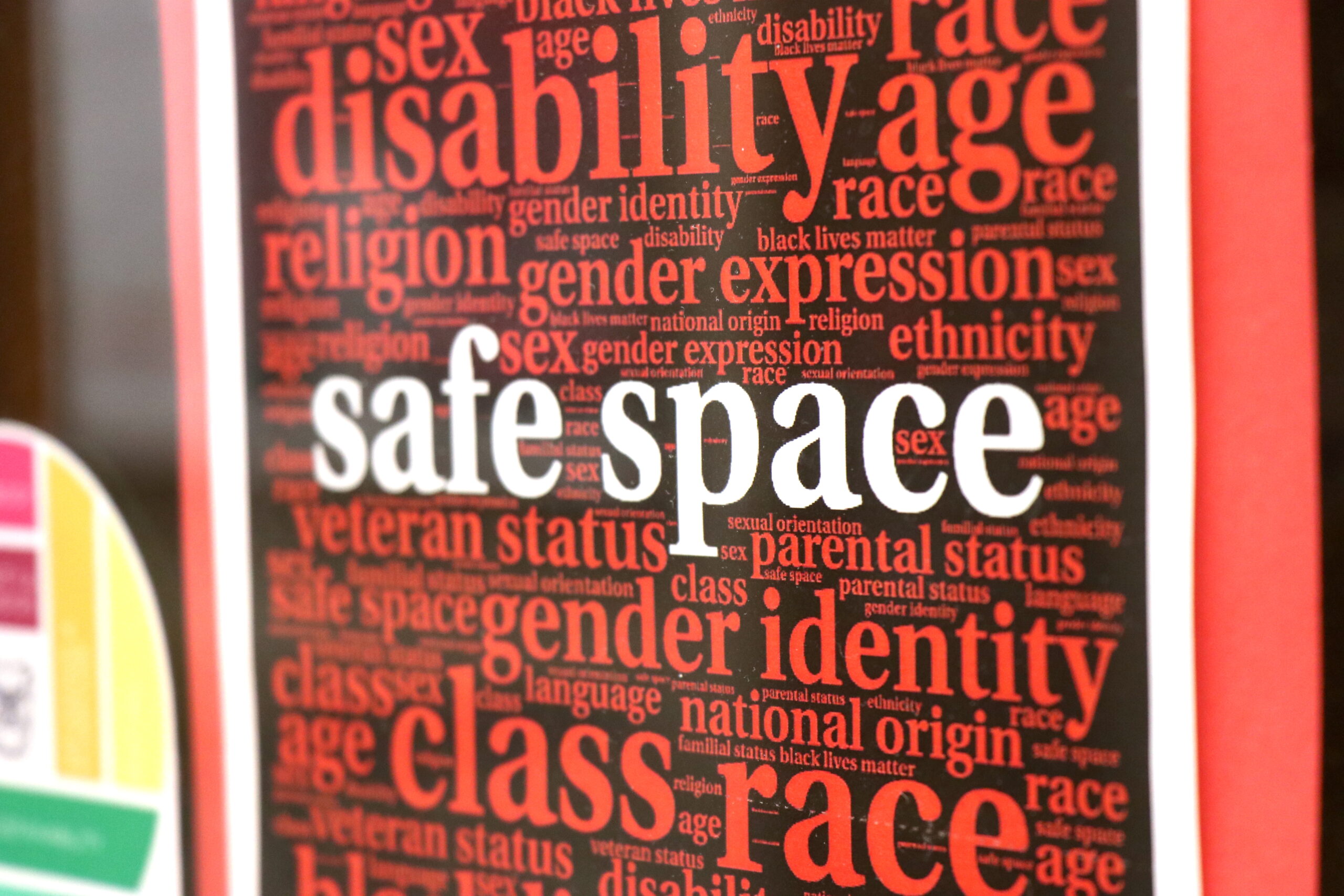Disabled students seek solidarity and safe spaces in their collegiate experience. Photo by Grace Hensley.
JACK WILLIAMS | STAFF REPORTER | jrwilliams@butler.edu
According to the CDC, 26% of adults in the United States experience a disability, and six in 10 adults in the U.S. experience a chronic disease. Butler students experience a diverse array of conditions, including chronic illness and hidden disabilities. According to the Invisible Disability Project, a hidden disability is “any physical, mental, or emotional impairment that goes largely unnoticed.” These types of conditions impact areas of education and social life that may not be apparent to outside observers.
The student experience
Hidden disabilities and chronic illnesses can greatly impact how well collegiate classrooms work for students.
Andie Kalemba, a sophomore exploratory studies major, experiences Fanconi Anemia — FA — hearing loss and a speech disability. FA is “a rare and serious inherited blood disorder that leads to bone marrow failure,” according to St. Jude Children’s Research Hospital. Kalemba feels that her professors have been supportive.
“Right off the bat [professors] know your name,” Kalemba said. “After class, they always come up to me privately and ask if I’m able to hear everything.”
Kalemba has an Individualized Education Plan, or IEP, which helps ensure that accommodations like professors using microphones or closed captions for assigned videos are available. Kalemba says there have also been frustrating experiences when professors don’t take the time to listen and assume she is less capable.
“Sometimes I would answer a question, and [a professor] would say, ‘No, that’s wrong,’” Kalemba said. “Then somebody else said the exact same thing, and they were correct. It’s frustrating, you know? If there’s something you can’t understand, you can ask me to repeat it.”
Advice to students with disabilities or chronic illness
For Carys Durbin, a sophomore multilingual and software engineering double major, it is important to speak up about one’s experiences. Durbin experiences the neurodivergencies of OCD, autism and ADHD, as well as the physical illnesses lupus and rheumatoid arthritis.
“For advice, I would say just to not be ashamed of [disability],” Durbin said. “As more and more people speak up about their experiences, it does more good in the world to bring about the change that needs to be brought about.”
That change, just like disabilities, is not one-size-fits-all. Creating an environment where people feel secure in speaking up is central to creating a world that is equitably accessible.
Anna Lucy, a sophomore in the master of professional accounting program, hopes that awareness is raised about disabilities. She experiences ADHD and other mental health disabilities, as well as a chronic gastrointestinal condition.
“I feel like a lot of people do suffer in silence,” Lucy said. “I think my biggest advice would be with any type of disability that you can always ask for help.”
The Student Disability Services (SDS) office at Butler is there to provide accommodations to students that register with the office.
Advice to other students
Hidden disabilities and chronic illnesses are not standard conversation starters. Due to this, it can be easy for those not experiencing them to remain uneducated or dismiss these issues. It is important to avoid the human tendency to assume that one’s own experience is shared by all. This includes not dismissing someone’s sickness.
“Just because you cannot see that I am sick, does not mean I am not sick,” Lucy said.
Lucy’s gastrointestinal disability can result in missed classes and last-minute cancellations. Her experience of disability is not abstract but rooted in daily life, and the obstacles she works through are often non-apparent to an outside observer.
In a similar vein, one of Durbin’s hopes is that people will extend others the grace they would want for themselves. They describe their autism as a different method of processing the world that neurotypical people may not understand. To Durbin, their mannerisms don’t feel different from the standard but are the natural way to interact with the world.
“You don’t have to try and push yourself trying to fit into those standards just because you’re different,” said Durbin.
The lens people with invisible disabilities see the world through is just as valid as anyone else’s. The advice they give is applicable not only in the arena of hidden disability and chronic illness, but in every part of life.
“You never know what a person is going through,” says Durbin. “So practice the golden rule.”
Some resources for those experiencing disability or chronic illness are Student Disability Services, the Efroymson Diversity Center, Butler Advocates for Autism and Bulldogs for Universal Design.

Pingback: Chronic illness and hidden disability on campus – The Butler Collegian | Prometheism Transhumanism Post Humanism